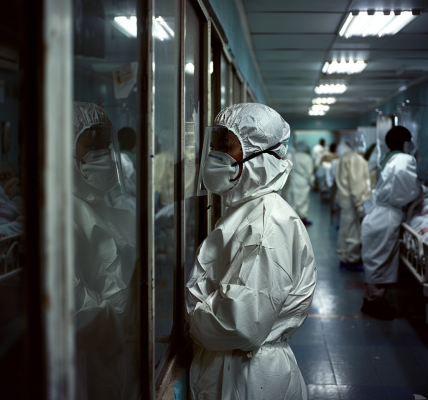In a groundbreaking study published in Cell Reports Physical Science, researchers have unveiled a promising advancement in cancer treatment that could enhance the efficacy of natural killer (NK) cells, the body’s own cancer-fighting immune cells. This innovative approach involves the application of electrical currents, specifically tumor treating fields (TTF), which have shown potential in significantly boosting the cancer-fighting capabilities of NK cells.
The research, conducted by a collaborative team from Trinity College Dublin and the University of Cambridge, focused on the implications of TTF technology in the treatment of aggressive brain tumors, particularly glioblastoma. Glioblastoma is known for its poor prognosis and high recurrence rate, making the need for new therapeutic strategies critical.
Professor Clair Gardiner, an expert in Immunology at Trinity’s School of Biochemistry and Immunology, spearheaded the study. She emphasized the importance of combining various treatment modalities to improve patient outcomes, especially for challenging cancers that do not respond well to conventional therapies. “Immunotherapies have improved outcomes for a large range of cancer types and offer significant potential for hard-to-treat cancers; however, a combination of treatment approaches will ultimately be required for maximum impact on patient outcomes,” said Prof. Gardiner.
The study investigated whether TTF devices, which deliver low-intensity electric fields to tumors, could enhance the effectiveness of NK cells. This is particularly relevant as NK cells are increasingly being utilized in immunotherapy treatments for various cancers. The researchers were keen to determine if the application of TTFs would either complement or hinder the action of NK cells in targeting cancer cells.
Findings revealed that exposure to TTFs did not adversely affect the viability of NK cells or their production of cytokines—critical signaling molecules that play a vital role in the immune response. More importantly, the study demonstrated that TTF exposure actually enhanced NK cell degranulation, a process that signifies a more potent killing response against tumor cells.
These results are particularly exciting as they suggest that TTFs could serve as an effective adjunct therapy alongside existing immunotherapies, potentially leading to improved outcomes for patients battling glioblastoma and other difficult-to-treat cancers. The team is now looking to conduct further studies to explore the mechanisms behind this enhanced NK cell activity and to assess the viability of combining TTFs with other forms of cancer treatment.
As the field of cancer immunotherapy continues to evolve, these findings could pave the way for innovative treatment regimens that harness the body’s immune system more effectively. The integration of electrical currents into cancer therapy represents a novel approach that could revolutionize how clinicians treat aggressive tumors and improve patient survival rates.
The researchers are optimistic about the future implications of their work, as Prof. Gardiner noted, “More work is needed, but the data suggest that treatment using a combination of TTF and NK cells could be a game-changer in the fight against certain types of cancer.” With further investigation, this combination therapy could potentially become a standard component of treatment protocols for glioblastoma and other malignancies, offering hope to patients facing dire prognoses.
This study underscores the importance of interdisciplinary collaboration in scientific research, as the combination of expertise from immunology and engineering has led to significant advancements in understanding how electrical fields can enhance immune responses. As researchers continue to explore the intricacies of the immune system and its interactions with novel therapeutic modalities, the potential for groundbreaking cancer treatments remains vast.





